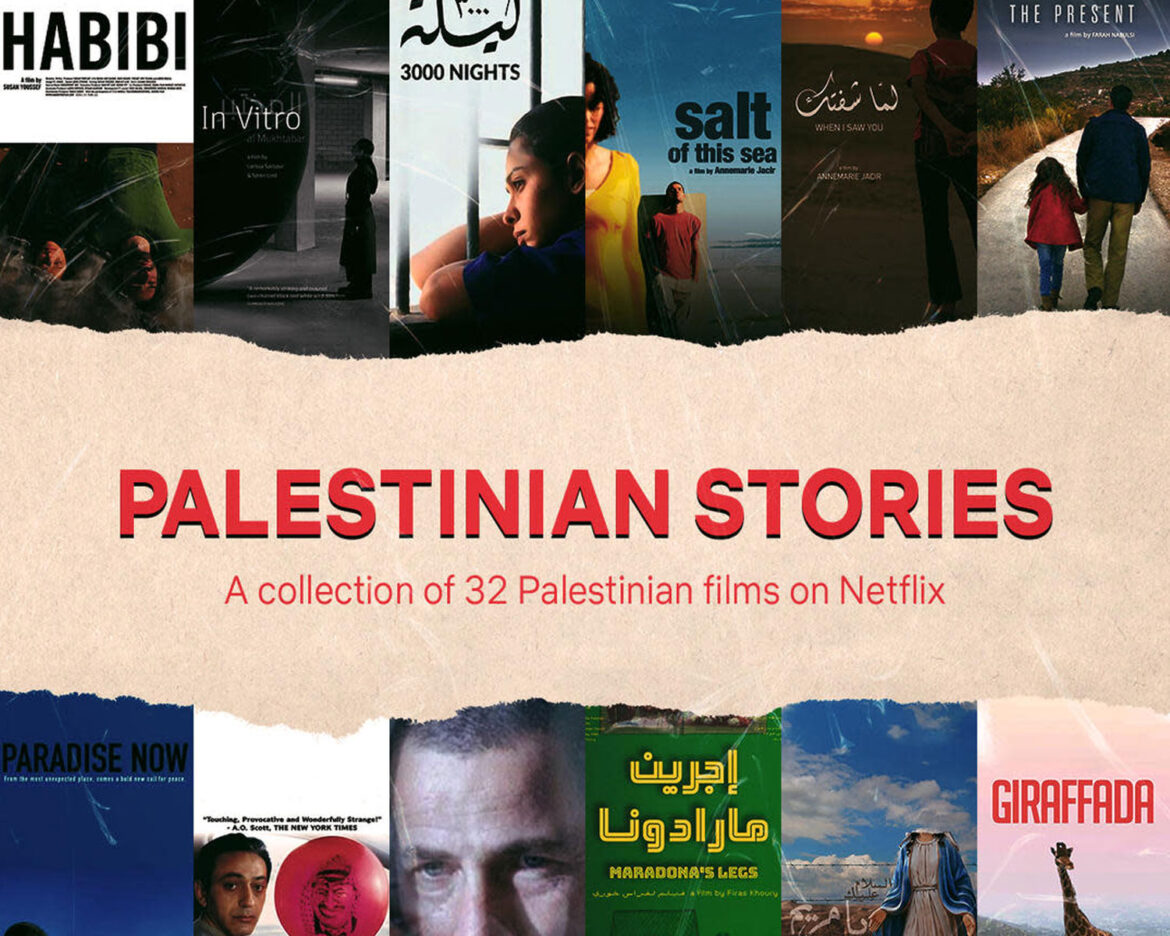In a controversial decision, Netflix has announced the discontinuation of its “Palestinian Stories” collection, a curated series of films and documentaries that showcased narratives from Palestinian creators. The move comes in the wake of significant backlash and heated debates surrounding the ongoing Israeli-Palestinian conflict.
The collection, which aimed to highlight the diverse experiences and perspectives of Palestinian people, faced criticism from various quarters, including political groups and advocacy organizations. Some critics argued that the platform was politicizing art, while others claimed that the collection did not adequately represent the complexities of the situation on the ground.
Netflix’s decision has sparked further discussions about the responsibilities of streaming platforms in curating content that addresses sensitive geopolitical issues. Supporters of the collection have expressed disappointment, arguing that it provided a vital space for underrepresented voices in the media landscape.
“Storytelling is essential for understanding different cultures and experiences,” said [Insert Commentator’s Name], a cultural analyst. “By removing this collection, Netflix is silencing important narratives that deserve to be heard.”
In response to the uproar, Netflix has stated that it remains committed to supporting a diverse range of voices in its programming. However, the company did not provide specific reasons for the removal of the collection.
As the debate continues, many are left wondering about the impact of corporate decisions on artistic expression and the representation of marginalized communities in global media.



